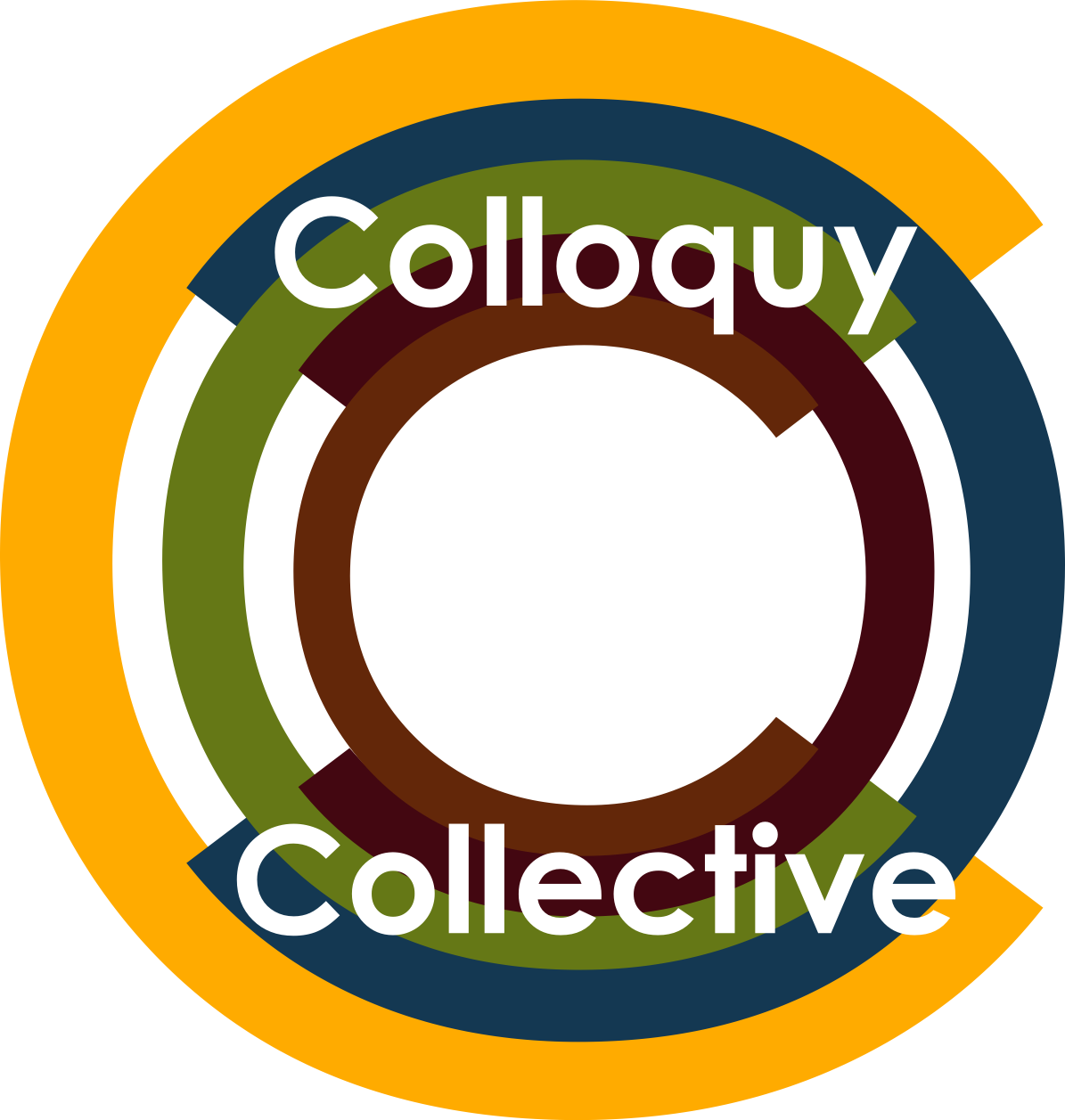There has been a noticeable amount of buzz around Quentin Tarantino’s latest film, Django Unchained. The film is ripe for controversy--a spaghetti western about slavery by arguably one of the most irreverent and popular directors in Hollywood? How could people not have anything to say...
My personal gripe revolves around actress Kerry Washington’s character, Broomhilda, and her archetypal damsel in distress status. I expected more from one of today’s most notable Black actresses. I was excited at the prospect of a fiery and empowered heroine to ride alongside Foxx’s Django. (Hell, if a slave can be a bounty hunter in the wild west, would it have killed Tarantino to give a Black female character more than a few stray lines?) Broomhilda is the proverbial princess in the tower: silent, enticing, and long-suffering.
But I digress.
While the Black community has been up-in-arms about the film’s insensitivity and its white director brazenly looking to profit off our story, that is not nearly all that is at work here. Tarantino rings the bell of many familiar tropes, yet his portrayal of these “stereotypical” characters is not without inklings of thoughtful irony. Ultimately, Django Unchained is a meticulous and clever film. I choose to give Tarantino the benefit of the doubt and surmise that he is aiming to trouble the water around certain identity politics. That held my attention long enough for me to keep watching. In doing so, I came across what I believe to be the film’s most fascinating inquiry. Plantation owner Calvin Candie, portrayed by Leonardo DiCaprio, essentially asks, “Why don’t they kill us?”. The question flies from the mouth of ole Monsiuer Candy as he goes on to use some rather eugenic logic to explain that it is simply a matter of the "Negro’s naturally submissive nature."
It is a puzzling question, and is becoming an increasingly relevant one. During slavery, slaves outnumbered their white owners drastically yet the system remained intact for generations. The U.S. is shifting to country where Whites are no longer a majority, we will have a “minority-majority.” But will this solve the problems of racism and systematic oppression? If it doesn’t, it is important to ask why not.
One of the many challenges in fighting oppression has been developing a unity of vision in oppressed communities. It is nearly impossible to have a unified struggle for freedom when the notion of what true freedom would entail, is so subjective. DiCaprio’s Candie is credited as the film’s official villain, but it is Samuel L. Jackson’s Stephen--the head house slave, who provides Django’s more useful foil. The characters of Django and Stephen carry out conflicting strategies for survival and consequently, divergent notions of freedom and dignity. One a runaway, the other an Uncle Tom, these characters epitomize one of the Black community’s most heated rivalries through rather familiar tropes. One man would seem to appease and assimilate while the other rebels and avenges.
But if we look a little closer, we see the moments where Monsieur Candie and Stephen conflict, moments where Stephen pushes the boundaries of subservience and challenges our impression of who is the real man of the house one uncensored opinion and vehement objection at a time. If we look back, we recall the film’s moments where Django was just another man on the line, cautious and obliging. He was by no means confrontational. His motivation was solely to escape with his wife, Broomhilda. In placing these characters in opposition, Tarantino forces his audience to takes sides. Who is the wiser, who is the more successful and empowered in his strategy, who is our hero? That all depends on how one defines and seeks freedom, agency, and fulfillment.
In choosing Django as his hero, Tarantino certainly offers his answer, or at least tells us which team makes for the better story. But I left asking myself, what would true freedom really look like for me? Either path would demand certain compromises, but which pill is easier to swallow...that I just don’t know.
Rae Charles - Management Associate
Colloquy Collective


